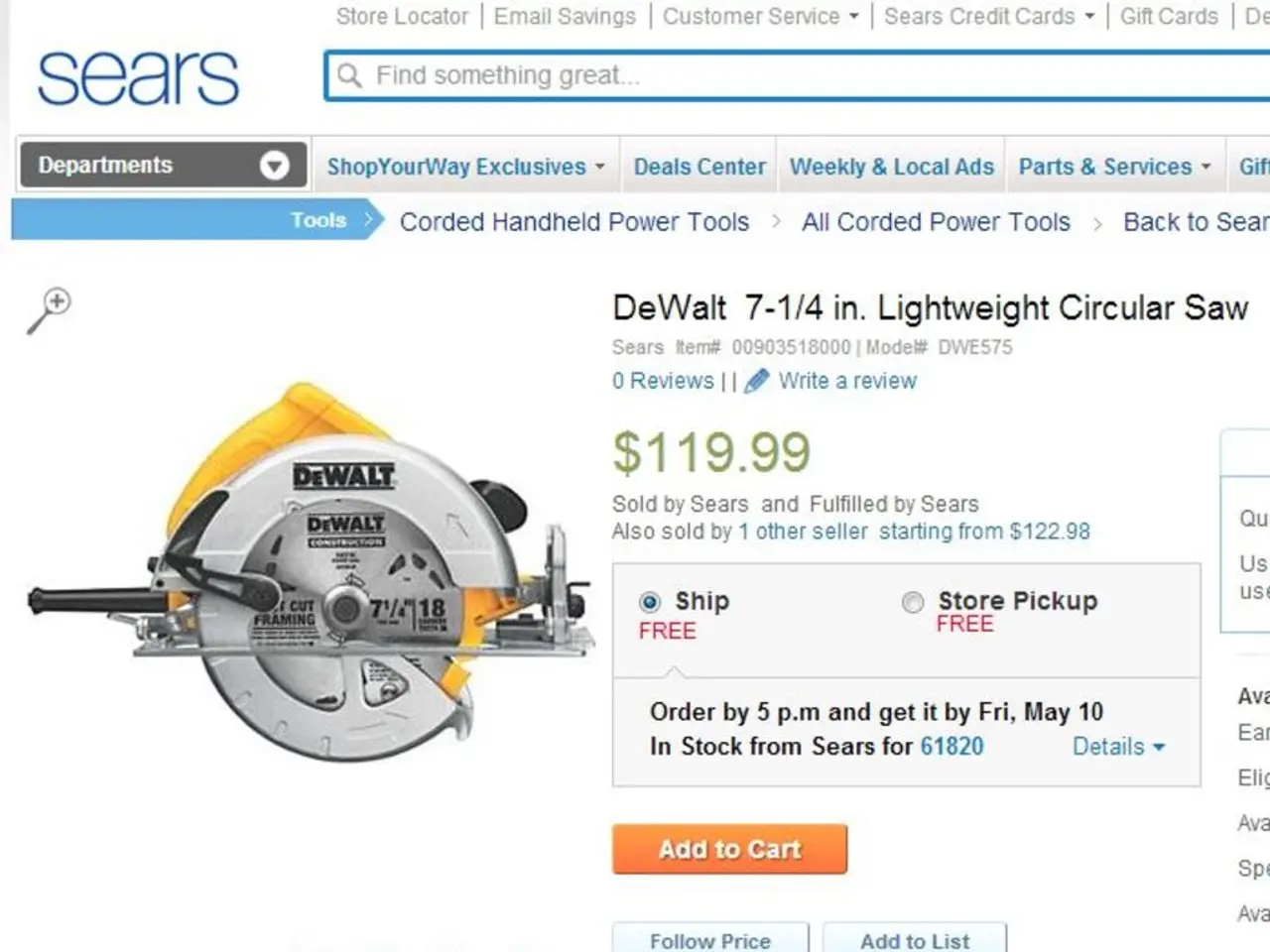Transforming the Web's Landscape: Microsoft and Cloudflare's Strategy for Revolutionizing Search Engines
In a significant move, Microsoft has introduced NLWeb, a new web standard designed to allow websites to open up structured endpoints for natural language queries. This innovative standard is set to change the way we interact with the web, making it more conversational and less static.
This shift towards more immediate responses is not unique to NLWeb. Search engines are transitioning from keyword-based results to AI-powered direct answers, aiming to cut out extra steps in the middle. Tools like ChatGPT, Claude, and Copilot are changing user expectations, with many preferring direct answers over digging through links.
However, this reliance on AI-generated answers comes with its own set of challenges. Consumers face risks, as these systems can be prone to bias and issues with accuracy. Moreover, relying on AI-generated answers also reduces visibility for smaller sites, potentially pulling money away from the people whose content helped train these tools in the first place.
To address these concerns, Microsoft and Cloudflare are collaborating to further this shift with NLWeb and Cloudflare's AutoRAG. AutoRAG, an infrastructure built by Cloudflare for AI, handles Retrieval-Augmented Generation (RAG) automatically, indexing website content and converting it into embeddings.
Within Cloudflare's dashboard, users can enable the new feature by going to Compute & AI → AutoRAG, selecting Create in AutoRAG, and choosing the NLWeb Website Quick Deploy option. This collaboration is less about traditional SEO and more about rethinking how websites interact with people and AI agents.
NLWeb allows website visitors to type a question and receive a direct answer instead of navigating through pages. AutoRAG keeps content fresh with continuous updates and removes the technical burden of building a vector database and pipelines. If NLWeb and AutoRAG gain traction, they could pull traffic away from Google and toward Microsoft's ecosystem, strengthening Bing and Copilot in the process.
This transition could challenge Google's dominance and reshape what it means to visit a website. Google has launched an AI mode for search, but NLWeb and AutoRAG take a different approach by bypassing the crawl-and-rank model entirely. This shift is recognised by anyone who uses Google.
In conclusion, the collaboration between Microsoft and Cloudflare with NLWeb and AutoRAG marks a significant step towards a more conversational and AI-driven web. As more websites adopt these standards, we can expect a shift in the way we interact with the internet, potentially reshaping the digital landscape. However, it's important to remember the potential risks and challenges associated with this shift, and to ensure that the benefits are distributed fairly among all web users.
Read also:
- Peptide YY (PYY): Exploring its Role in Appetite Suppression, Intestinal Health, and Cognitive Links
- Toddler Health: Rotavirus Signs, Origins, and Potential Complications
- Digestive issues and heart discomfort: Root causes and associated health conditions
- House Infernos: Deadly Hazards Surpassing the Flames








